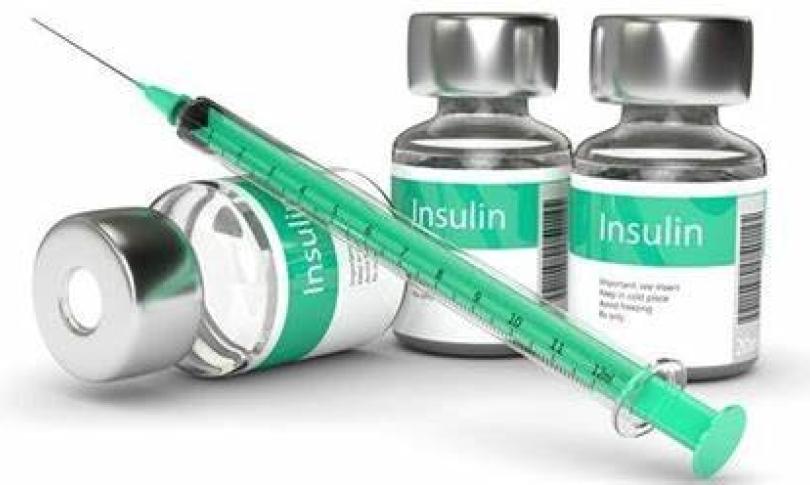
Managing diabetes can often mean multiple daily insulin injections, which can be painful and inconvenient. But a study in diabetes treatment could soon change this reality.
Researchers have developed a new insulin delivery method using buccal films—a thin, mucoadhesive film placed in the mouth—that delivers insulin directly into the bloodstream through the gums, eliminating the need for needles.
Dr. Maram Diab, the study’s lead researcher, believes this could be a game-changer for those living with diabetes. "For many people, the thought of using needles every day can be daunting,” she explains. “Our goal was to create a non-invasive, effective alternative that could make managing diabetes easier and more comfortable."
The new buccal films are made from chitosan, glycerin, and L-arginine and are designed to protect insulin as it’s absorbed through the oral mucosa. Unlike conventional insulin injections, which can lead to the degradation of insulin during the injection process, these films are crafted to preserve the insulin’s structure and effectiveness.
Using advanced technology like Synchrotron Radiation Circular Dichroism (SRCD) and Fourier Transform Infrared-Microspectroscopy (FTIR-MS), the team was able to confirm that the insulin maintained its vital secondary structure in the film. This is crucial for ensuring that the insulin can still lower blood sugar effectively when it reaches the bloodstream.

In animal testing, the buccal films demonstrated the ability to lower blood glucose by about 57% of the effect seen with traditional subcutaneous injections. This is a promising result, though Maram Diab and her team emphasize that further research is needed to optimize the delivery system for human use.
“What’s exciting about this is the potential for a less invasive, easier way for people to manage their diabetes,” Randa Mansour, Faculty of Pharmacy, Philadelphia University, Amman 19392, Jordan notes. “People who have difficulty with needles or fear injections could soon have a much more comfortable option.”
For people with diabetes, the daily reality of insulin injections can become tiresome. The buccal films, which are flexible and transparent, could offer a convenient alternative that fits easily into daily routines. And because they use biocompatible, natural ingredients, there’s little risk of irritation or adverse reactions.
But while this research is still in its early stages, the team is optimistic about its future potential. "If we can refine this technology and bring it to human trials, this could change the way millions of people manage their diabetes," Maram Diab says. "Our ultimate goal is to offer a safer, more comfortable method of insulin delivery that could greatly improve quality of life for diabetes patients."
With this innovative technology, the future of diabetes care is looking brighter—one where insulin delivery could be as simple as applying a small, discreet film, no needles required. The next steps involve further testing and optimization, with the hope that this breakthrough will soon be available to patients around the world.
Credit Characterization of Insulin Mucoadhesive Buccal Films: Spectroscopic Analysis and In Vivo Evaluation
